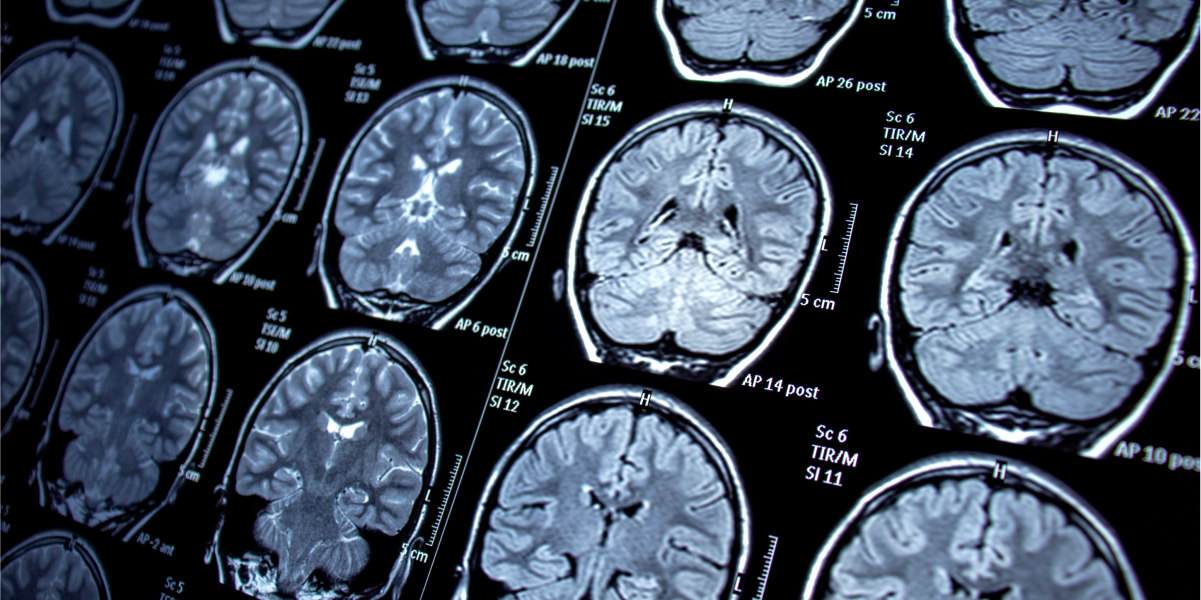Many patients who suffer harm because of medical malpractice accept the premise that hospitals and doctors always strive to do their best even though they are inundated by “frivolous lawsuits.” The reality can be quite different as even basic hygiene standards designed to prevent the risk of infection are frequently neglected in a hospital setting. The prospect of seeking medical attention in a Georgia hospital for a minor ailment but contracting a serious infection is a sobering thought. Unfortunately, the risk of contracting a life-threatening infection because a member of the medical team neglected to wash his or her hands is a genuine hazard in many hospitals.
While it may be tempting to presume that contracting an infection in a hospital is highly unlikely, studies suggest that this risk is more significant than most patients realize when they seek medical attention. The U.S. Department of Health and Human Services (DHHS) reports that one in twenty patients contract a health care-associated infection (HAI) when seeking medical care in a hospital. In other words, all one needs to do to identify someone who will contract an infection in the hospital is to survey the waiting room – statistically one of those around you will contract such an infection.
Despite protests by insurance carriers and doctors that medical malpractice lawsuits interfere with the ability of medical professionals to provide effective care, medical malpractice liability may be the only way to hold medical professionals accountable for substandard care and improve medical procedures and protocols to reduce the risk of substandard care.
A recent study conducted by the American Society of Anesthesiologists indicates that even the most basic anti-infection precaution – washing one’s hands – often is neglected by doctors, nurses and other members of health care team in hospitals. The study found that only 23 percent of doctors and nurses washed their hands prior to engaging in contact with a patient, and only 43 percent engaged in appropriate hand hygiene after such contact. The study also found that the minor adjustment of installing personal hand gel dispensers to supplement wall-mounted hand sanitation dispensers increased the likelihood of medical professional washing their hands by 53 percent and 72 percent respectively.
While most doctors, nurses and other members of health care teams in hospitals are conscientious, it does not seem an overly significant burden to expect health care workers to wash their hands before moving from one patient to the next to avoid the risk of contaminating patients with infections from those in neighboring hospital rooms. Even when personal hand dispenser were provided to doctors, still more than one in four health care workers did not wash their hands after seeing a patient.
Although the simple step of washing one’s hands might significantly improve patient safety, there are many types of medical procedures where proper anti-infection procedures are critical to preventing HAIs caused by fungi, viruses, bacteria and other infection agents. Some of these medical procedures include the following:
• Injections
• Use of indwelling medical devices, such as urinary catheters or IVs
• Injections
• Improper use of antibiotics
• Surgical procedures
If you or someone you love has contracted a serious infection while in the hospital, you may have a right to legal compensation if the infection was caused by improper hygiene or anti-infection protocol. Our Atlanta medical malpractice attorneys have been representing injury victims for over thirty years throughout all of Georgia and the Southeast, including but not limited to Albany, Athens, Atlanta, Augusta, Columbus, Gainesville, Macon, Marietta, Rome, Roswell, Savannah, Smyrna, Valdosta, Warner Robins and all smaller cities and rural areas in the state. No matter where you are located our attorneys are just a phone call away, and we will even come to you.
Call us 24 hours a day/7 days a week for your Free Consultation at 1-800-LAW-NEED® (1-800-529-6333). You can also visit us online at www.montlick.com and use our Free Case Evaluation Form or 24-hour Live Online Chat.


